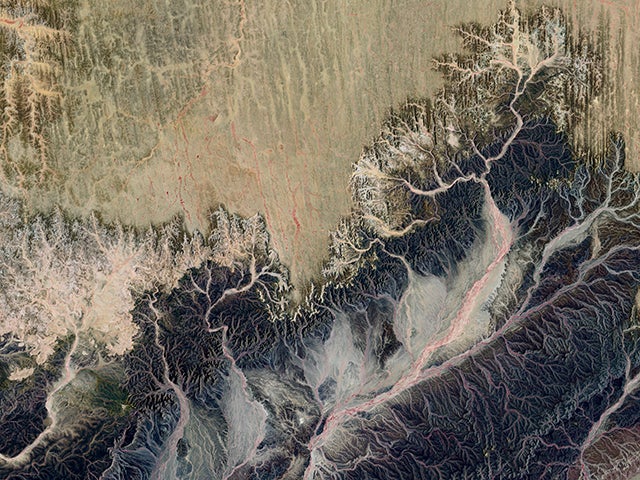Spring 2025
#28194
ESPM 140
101 -
LAB
101
offered through
Environmental Science, Policy, and Management
General Entomology
Class #:28194
Units:4
Instruction Mode: In-Person Instruction
No Open Seats

A comprehensive course on the biology of terrestrial and aquatic insects, their morphology, physiology, behavior, taxonomy, and ecology. The lab covers the identification and classification of insect orders and common families, insect collecting and sampling methods, and includes a required insect collection project. Course includes an overnight field trip to a research property.
